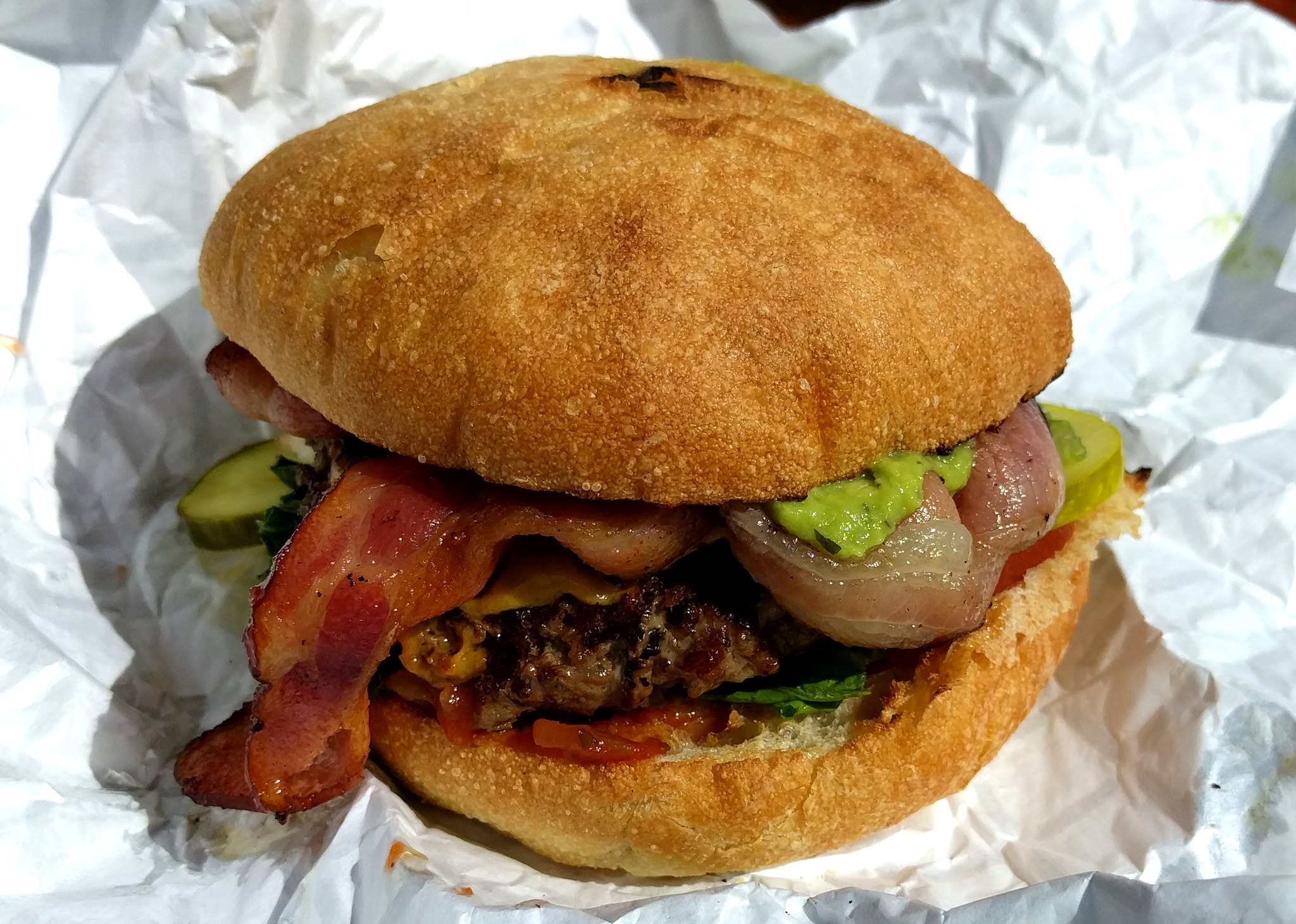Type 2 diabetes is a chronic condition that affects the way your body metabolizes the sugar, or otherwise known as glucose, in your bloodstream. It is the most common type of diabetes and accounts for 90 percent of all diabetes cases.
The condition is characterized by insulin resistance wherein your body is not responding well to insulin.
In response to the presence of sugar or glucose in your bloodstream, your pancreas produces the insulin hormone to move the sugar into your cells to be used as energy.
However, because of the insulin resistance, the sugar in your blood builds up, and if it remains unregulated, it could lead to further increased levels of your blood sugar, which could lead to further complications.
There are short and long-term complications if type 2 diabetes will remain untreated.
Short-term complications are hypoglycemia, which is very low blood glucose, and hyperosmolar hyperglycemic nonketotic syndrome, or very high blood glucose.
Long-term complications are diabetic retinopathy, kidney disease, diabetic neuropathy, and macrovascular problems.
Your diet plays a huge role in managing your blood sugar levels.
In fact, being overweight and an unhealthy diet are two of the risk factors associated with type 2 diabetes.
Health experts say that the easiest way to manage your blood sugar levels is to make dietary changes.
According to the diabetes.co.uk, people with diabetes should avoid three types of food—white carbohydrates, ready meals, and takeaway food.
Your body turns carbohydrates into glucose, thus eating too much would make your blood sugar levels rise.
This doesn't mean, however, that you would avoid having carbohydrates in your diet but just those food that are high in carbohydrates such as white bread, pastries, and pasta.
Because diabetic patients would still need to have carbohydrates, they can source it from fruits, vegetables, whole grain bread, brown rice and beans.
As for ready meals and takeaway food, most of these types of food are high in sodium, fats and sugar. Besides, if you eat these types of food, you would not be able to monitor your food intake or make sure that you’re having a healthy diet.
Image credit courtesy of Ruth Hartnup/Flickr



 FDA Says No Black Box Warning Planned for COVID-19 Vaccines Despite Safety Debate
FDA Says No Black Box Warning Planned for COVID-19 Vaccines Despite Safety Debate  TrumpRx.gov Highlights GLP-1 Drug Discounts but Offers Limited Savings for Most Americans
TrumpRx.gov Highlights GLP-1 Drug Discounts but Offers Limited Savings for Most Americans  Sanofi’s Efdoralprin Alfa Gains EMA Orphan Status for Rare Lung Disease
Sanofi’s Efdoralprin Alfa Gains EMA Orphan Status for Rare Lung Disease  Sanofi to Acquire Dynavax in $2.2 Billion Deal to Strengthen Vaccine Portfolio
Sanofi to Acquire Dynavax in $2.2 Billion Deal to Strengthen Vaccine Portfolio  Novo Nordisk Warns of Profit Decline as Wegovy Faces U.S. Price Pressure and Rising Competition
Novo Nordisk Warns of Profit Decline as Wegovy Faces U.S. Price Pressure and Rising Competition  U.S. Vaccine Policy Shifts Under RFK Jr. Create Uncertainty for Pharma and Investors
U.S. Vaccine Policy Shifts Under RFK Jr. Create Uncertainty for Pharma and Investors  Eli Lilly and Novo Nordisk Battle for India’s Fast-Growing Obesity Drug Market
Eli Lilly and Novo Nordisk Battle for India’s Fast-Growing Obesity Drug Market  Innovent Biologics Shares Rally on New Eli Lilly Oncology and Immunology Deal
Innovent Biologics Shares Rally on New Eli Lilly Oncology and Immunology Deal  Royalty Pharma Stock Rises After Acquiring Full Evrysdi Royalty Rights from PTC Therapeutics
Royalty Pharma Stock Rises After Acquiring Full Evrysdi Royalty Rights from PTC Therapeutics  Federal Appeals Court Blocks Trump-Era Hospital Drug Rebate Plan
Federal Appeals Court Blocks Trump-Era Hospital Drug Rebate Plan 































